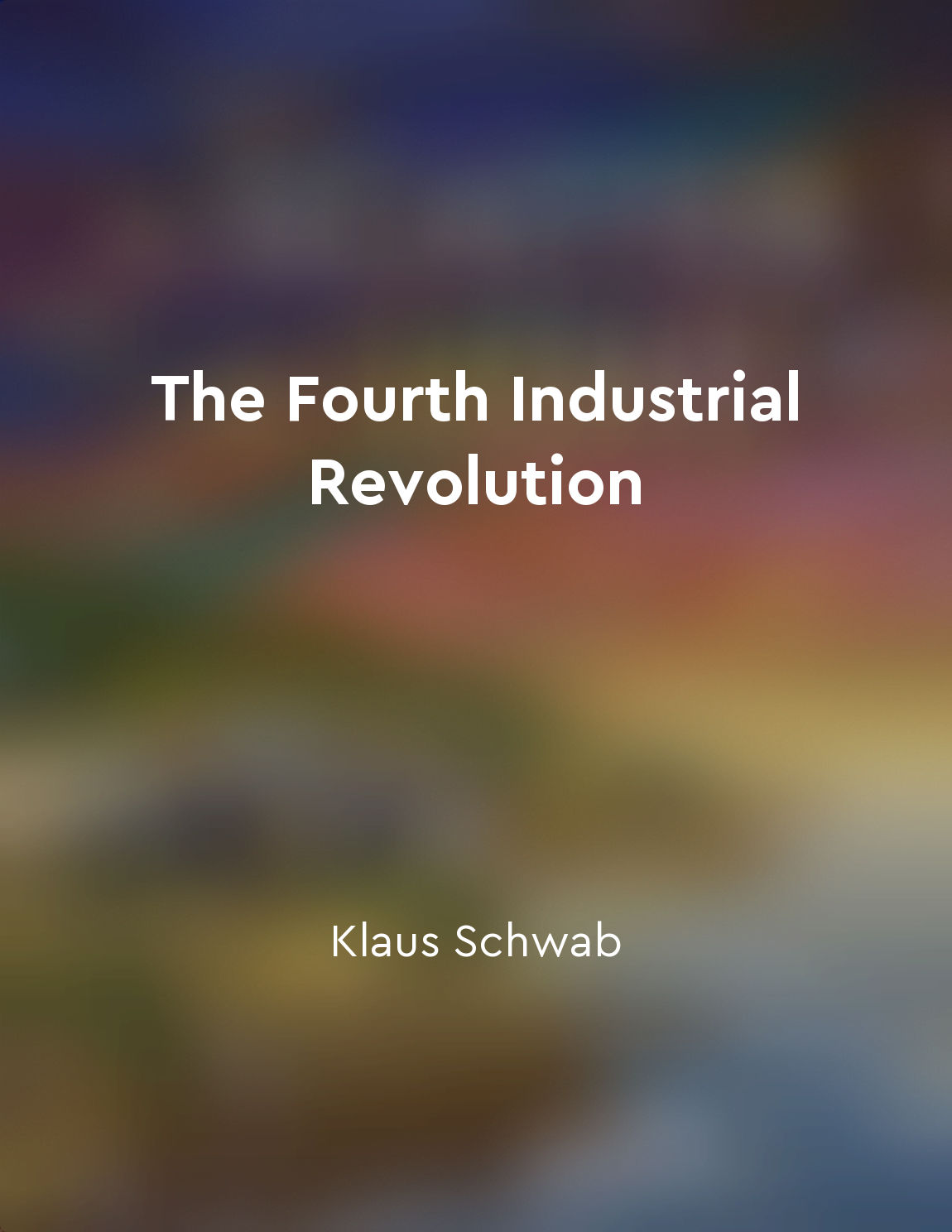Technology can disrupt the natural learning process from "summary" of The Glass Cage by Nicholas Carr
The more we rely on technology to assist us with tasks, the less we engage in our natural learning process. Our brains are wired to learn through trial and error, repetition, and physical interaction with our environment. However, when we turn to technology to do the thinking for us, we lose out on the opportunity to truly understand and retain information. Take the example of GPS navigation systems. Instead of using maps and landmarks to navigate, we now rely on a computerized voice telling us where to turn. This may seem more convenient, but it actually hinders our ability to develop spatial awareness and problem-solving skills. We become passive recipients of information rather than active participants in the learning process. Similarly, educational software and online resources can provide quick answers to complex questions, but they often do not encourage critical thinking or deep understanding. Students may learn how to perform a task, but they may not grasp the underlying concepts or principles behind it. This can lead to a superficial level of knowledge that is easily forgotten or misunderstood. In the workplace, automation and artificial intelligence can streamline workflows and increase efficiency. However, they can also displace workers who rely on rote tasks rather than creative problem-solving skills. When technology takes over repetitive tasks, employees may not have the opportunity to learn new skills or adapt to changing circumstances.- Technology has the potential to disrupt our natural learning process by providing quick fixes and shortcuts that bypass critical thinking and hands-on experience. As we become more reliant on technology, we risk losing the ability to engage deeply with our surroundings and truly understand the world around us. It is important to strike a balance between the conveniences of technology and the benefits of traditional learning methods to ensure that we continue to grow and adapt in a rapidly changing world.
Similar Posts
Geopolitical dynamics may shift in a postpandemic world
Geopolitical dynamics are likely to undergo significant changes in the aftermath of the global pandemic. The current crisis has...

Digital literacy is a fundamental skill in the Fourth Industrial Revolution
As we navigate the complexities of the Fourth Industrial Revolution, one thing becomes abundantly clear - digital literacy is n...
Transparency fosters trust
The concept that transparency fosters trust is a fundamental principle in our society. When there is openness and honesty in co...

Pandemics highlight human vulnerabilities
The spread of pandemics like COVID-19 reveals how fragile and interconnected our world really is. Despite our technological adv...

Influence of cultural values on class distinctions
Cultural values play a significant role in shaping class distinctions in society. These values are deeply ingrained in individu...
Prioritize trust and transparency
Trust and transparency are foundational principles that are critical for creating a positive work environment. Transparent comm...
Collective bargaining is a key aspect of labour laws
Collective bargaining is a significant element of labour laws as it serves as a mechanism for negotiation between employers and...
Imperialism dominated world politics
Imperialism, or the extension of a nation's power through the acquisition of territory or through the establishment of economic...
Education needs to adapt to prepare people for the new economy
The current education system is not properly preparing individuals for the demands of the modern economy. Traditional schooling...
Automation can make people passive
Automation has the potential to change not just the way we work, but also the way we think and behave. As machines take on more...

